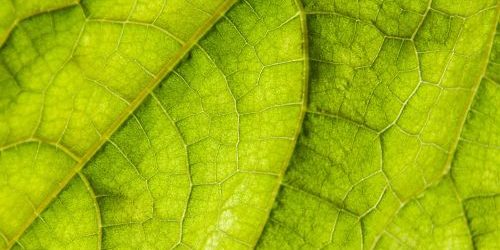The Grand Board of Appeal of the European Patent Office is again seized by the President of the Office following the resistance of one of its technical boards of appeal on the issue of the patentability of plants obtained by essentially biological processes.
The question of the legal regime for the protection of the creation of new plant varieties is still not definitively settled in Europe.
It should be recalled that the European Patent Office’s large board of appeal caused a stir in the breeding community by its two decisions of 25 March 2015 (G 2/12 and G 2/13 called “Brocoli II” and “Tomato II”) by which it accepted that the exclusion from patentability of essentially biological processes for the production of plants did not extend to the products obtained by these processes, which opened the way to a product claim relating to plants or plant material.
From the strict point of view of patent law, this position was in fact not surprising since it is perfectly accepted that a product can be patentable, while Article 53 (b) of the Convention on the European patent expressly excludes from patentability only “plant varieties” and “essentially biological processes for the production of plants”.
Or a product obtained by an essentially biological process does not fall into any of these categories.
Breeders saw the possibility of patenting “native genes” and thereby severely restricting their freedom of genetic access granted to them by UPOV (and the Regulation of 27 July 1994 instituting Community Plant Variety Protection). According to these texts, any breeder can use a variety, even protected by a plant variety certificate, as a source of variation in order to create new varieties. However, any legal monopoly granted on native genes tends to call into question this privilege of the breeder.

In order to put an end to the uncertainties created by these decisions, and in line with the opinions of the European Parliament of 17 December 2015 and the Commission of 3 November 2016, the Administrative Council of the European Patent Office adopted on 29 June 2017 a decision that explicitly excludes from patentability plants obtained exclusively by essentially biological processes.
Technically the board of directors of the EPO has decided an amendment to Rule 28 of the Implementing Regulation of the European Patent Convention which now provides that “in accordance with Article 53 (b) patents are not delivered for plants or animals obtained exclusively by essentially biological processes. (See comment Jean-Paul Combenègre in Rural Law Review October 2017, No. 456 page 54).
However, the European Patent Office’s technical board of appeal resisted this decision by the board of directors by canceling the refusal to grant a patent for a new pepper with improved nutritional values (Decision T 1063/18 of 5 December 2018, Syngenta).
The Technical Board of Appeal notes first of all that the interpretation of a provision of the Convention by the Enlarged Board of Appeal, such as that in G2 / 12 and G2 / 13, is binding on it.
It states that in the event of a conflict of interpretation between the provisions of the Convention and those of the Implementing Regulation, the former shall prevail, as provided for in Article 164 of the said Convention.
However, the EPO’s Administrative Board does not have the power to amend a provision of the Convention itself, in particular Article 53 (b), by means of an amendment to the Regulation, as done on June 29, 2017 with rule 28.
It follows that for the Technical Board of Appeal there is no reason to derogate from the interpretation of Article 53 (b) given by the Enlarged Board of Appeal in its decisions G 2/12 and G 2 / 13. The interpretation resulting from the opinion of the European Commission is irrelevant as it has not been confirmed in a legally binding way, for example by a judgment of the Court of Justice.
This decision therefore marks a return to the starting point and creates legal uncertainty.
At the 159th session of the Office’s Administrative Council of 29 March 2019 the representatives of the 38 Contracting States approved the decision of the President of the Office to remit the case for opinion to the Enlarged Board of Appeal on the issue patentability of plants obtained by essentially biological processes.
The question is always to follow.




